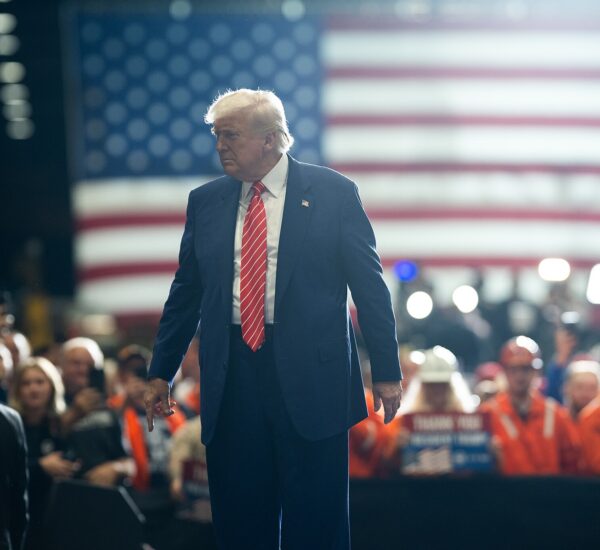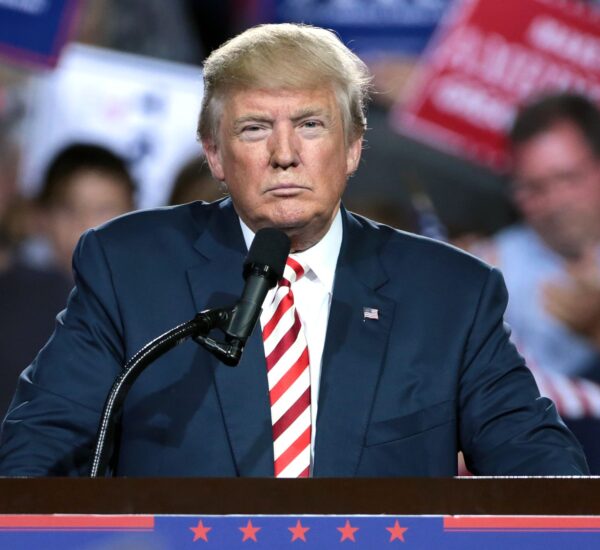Trump Takes Birthright Fight To Supreme Court
In a bold move to protect the integrity of American law, the Trump administration has asked the U.S. Supreme Court for urgent intervention in the battle over birthright citizenship. This request follows a series of rulings by federal appeals courts that have blocked President Trump’s efforts to limit birthright citizenship, a cornerstone of the 14th Amendment that guarantees citizenship to anyone born on U.S. soil. The administration argues that these lower court rulings overstep their bounds, applying nationwide injunctions that go beyond the parties involved in the case.
The government’s appeal seeks to limit the scope of these nationwide injunctions, which it believes have far-reaching consequences. Acting Solicitor General Sarah Harris emphasized that the request was modest, focusing solely on restricting the application of the injunctions to those parties directly involved, rather than imposing a sweeping ban across the entire country. The Trump administration has not yet asked the Supreme Court to decide the constitutionality of the executive order itself, but instead seeks to prevent further overreach by lower courts.
This legal battle traces back to President Trump’s executive order on his first day back in office, which sought to clarify and narrow the scope of birthright citizenship. The order aimed to ensure that children born in the U.S. to parents who are not legally authorized to be in the country would not automatically be granted citizenship. While the administration stands firm in its interpretation, the executive order has been met with ten lawsuits challenging its validity, arguing that it conflicts with longstanding precedents set by the Supreme Court regarding the 14th Amendment.
In its appeal to the high court, the Trump administration also highlighted a disturbing trend in the judiciary, where “universal injunctions” have become a powerful tool for overreaching judicial activism. These injunctions, which block policies nationwide rather than limiting them to the specific cases at hand, have grown alarmingly common under the current administration. The government points out that these broad rulings are not only overstepping the authority of the courts, but they also undermine the democratic process by circumventing the will of elected officials.
This marks the third time the Trump administration has sought emergency intervention from the Supreme Court, following previous requests on issues like the firing of independent agency leaders and freezing foreign aid. Each time, the high court has been forced to weigh in on executive powers, highlighting the ongoing struggle between the branches of government and the growing influence of judicial overreach. With the future of birthright citizenship now in the balance, the nation awaits the Court’s decision, which could have lasting implications for both immigration policy and the balance of power in Washington.





